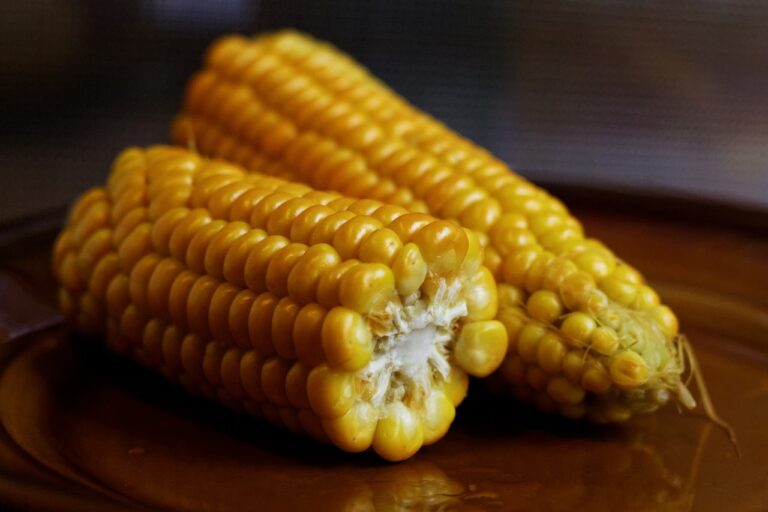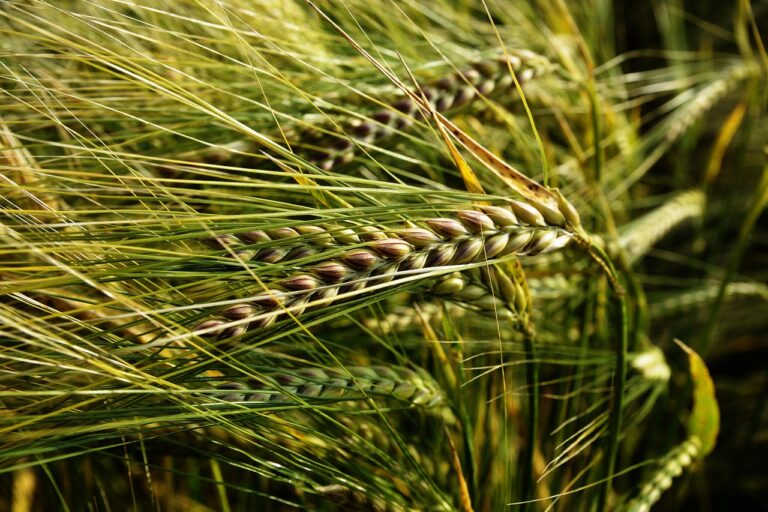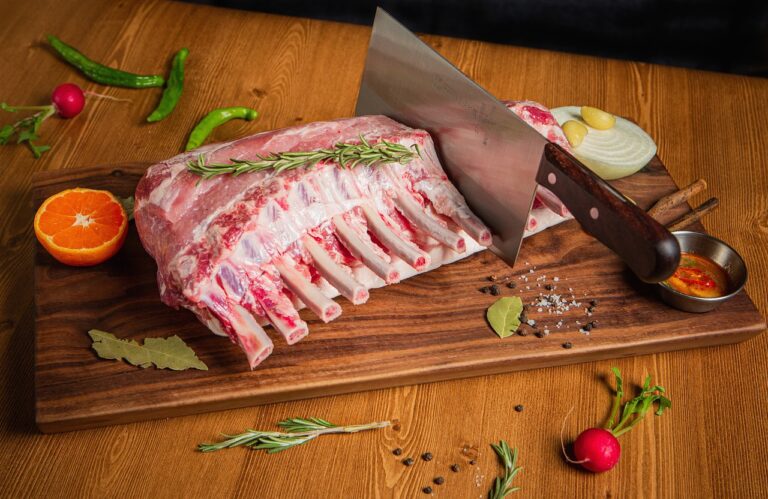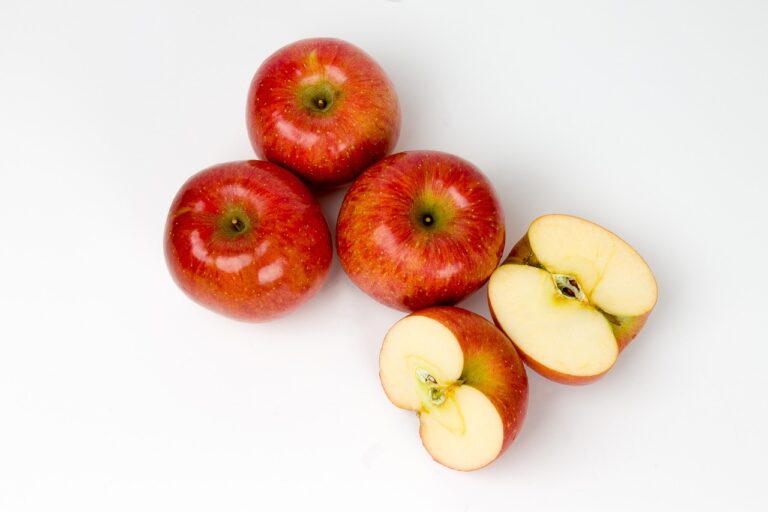The Rise of Plant-Based Protein Sources
In recent years, there has been a significant shift towards plant-based diets due to the growing awareness of the environmental impact of animal agriculture, as well as the health benefits associated with consuming more plant-based foods. One key aspect of plant-based diets is the incorporation of plant-based protein sources as alternatives to animal-based protein. In this article, we will explore the rise of plant-based protein sources, the benefits of consuming them, and the various options available for those looking to make the switch.
Benefits of Plant-Based Protein Sources
Plant-based protein sources offer a myriad of benefits for both our health and the environment. Unlike animal-based protein sources, plant-based proteins are lower in saturated fat and cholesterol, making them a heart-healthy choice. They are also rich in fiber, vitamins, and minerals, which are essential for overall well-being. Additionally, plant-based proteins have a lower carbon footprint compared to animal-based proteins, making them a more sustainable option for those looking to reduce their environmental impact.
Types of Plant-Based Protein Sources
There are a variety of plant-based protein sources that can be incorporated into a balanced diet. Some of the most popular options include:
1. Legumes
Legumes such as beans, lentils, and chickpeas are excellent sources of protein, fiber, and essential nutrients. They can be used in a wide range of dishes, from soups and stews to salads and dips.
2. Nuts and Seeds
Nuts and seeds are rich in protein, healthy fats, and antioxidants. They can be enjoyed as snacks, added to smoothies, or used in baking and cooking.
3. Tofu and Tempeh
Tofu and tempeh are plant-based protein sources made from soybeans. They are versatile ingredients that can be used in a variety of dishes, from stir-fries to sandwiches.
4. Quinoa
Quinoa is a complete protein source that is also rich in fiber and minerals. It can be used as a substitute for rice or pasta in many recipes.
5. Seitan
Seitan, also known as wheat meat, is made from wheat gluten and has a meat-like texture. It is a high-protein option that can be used in place of meat in a wide range of dishes.
FAQs
1. Are plant-based proteins as effective as animal-based proteins for building muscle?
Yes, plant-based proteins can be just as effective as animal-based proteins for building muscle. By combining a variety of plant-based protein sources, individuals can meet their protein needs and support muscle growth.
2. How can I ensure I am getting enough protein on a plant-based diet?
It is important to vary your protein sources and include a combination of legumes, nuts, seeds, whole grains, and plant-based meat alternatives in your diet. Additionally, you can supplement with protein powders if needed.
3. Are plant-based proteins suitable for athletes and active individuals?
Absolutely! Plant-based proteins can provide the energy and nutrients needed for a physically active lifestyle. They can help support muscle recovery and performance, just like animal-based proteins.
4. Is it possible to get all essential amino acids from plant-based proteins?
Yes, it is possible to get all essential amino acids from plant-based proteins by consuming a variety of protein sources throughout the day. Combining different plant-based proteins can ensure that you are meeting your amino acid requirements.
5. Are plant-based proteins more sustainable than animal-based proteins?
Yes, plant-based proteins have a lower environmental impact than animal-based proteins. By choosing plant-based options, you can reduce greenhouse gas emissions, water usage, and land degradation associated with animal agriculture.
Overall, the rise of plant-based protein sources offers a sustainable and healthy alternative to traditional animal-based proteins. By incorporating a variety of plant-based protein sources into your diet, you can reap the numerous health benefits while reducing your environmental footprint.







